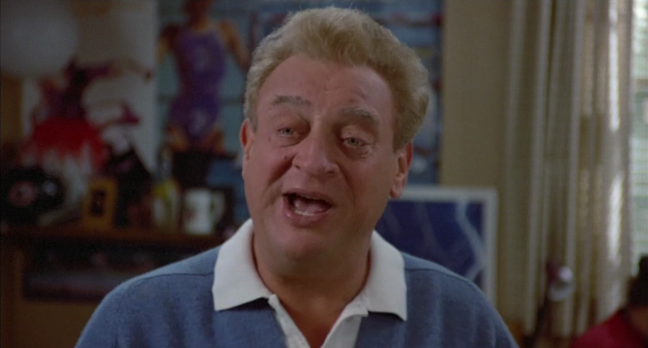As I begin my last semester of my undergraduate years, I find myself wanting to watch more and more films pertaining to the collegiate experience. Though my life barely mirrors the Hollywood version of what college should be, I get a little misty-eyed when I see the debauchery of a college party onscreen, red Solo cups and all. Though the college party film is the best-known, there are many other subgenres. I’ll break a few down for you here.
College as the Goal
Before all that aforementioned partying, you have to get into a university, and films nowadays are happy to point out that it’s not easy. We as students put a lot of stock into where we’re going, what we’re studying and what would make our parents happy. The most recent addition to this genre would be the Tina Fey-helmed comedy “Admission,” a film about an admissions officer at Stanford University who is under strict guidelines to pick the best and the brightest. The film shows how hard you must work to be the best, and how low chances are you will be admitted to an Ivy League school.
College as a Prestigious Institution
These films feature a protagonist who must overcome diversity and their own ego to understand the pros of education. On the comedic end of the spectrum, “Legally Blonde” tells the story of a sorority sister who heads to law school. Though at first she goes after the guy, education becomes her new beau, and by the end being a brain becomes her new ambition. In a relatively grittier context, “Good Will Hunting” is a story of a gifted janitor who is shown to be an atypical genius. Tasked with changing his life, he must overcome his own prejudices and fears to succeed.
College as a Place of Acceptance
This trend is usually reserved for comedic films dealing with the bullied high school kids of yesteryear. The first film to do so was “Revenge of the Nerds,” a film that says you can be yourself and still find acceptance from your peers. In recent years this premise has gained momentum, culminating in a flood of films, including “Accepted,” “Sydney White” and “The House Bunny.” These films show that kindness is its own reward and that, in the case of “The House Bunny,” it’s also good to look like a Barbie doll.
College Sports
Films dealing with college sports are mostly about diversity, specifically those underdogs who find success in the sports arena. The most genre-defining film has to be “Rudy,” the tale of a pint-sized talent who always dreamed of playing football at Notre Dame, fighting academically and physically to do so. It’s heartwarming to watch the final minutes of the film, when he realizes his lifetime dream. Another film of the same caliber is “Glory Road,” the story of the first all-black lineup in NCAA history to make it to the 1966 Men’s Division I Basketball Championship, a truly harrowing tale of tolerance and adversity.
College Romance
This was a trend that gained a lot of traction in the 70s and has thankfully sputtered out in recent years. Most of these films are quite tragic and end with someone hurt, dead or changed forever. The most famous example is the tearjerker “Love Story,” about an opposed couple who find love, marry young and deal with illness and death. The film revels in sadness and absurd sentimentality, though it’s still tragically romantic. The same goes for “The Sterile Cuckoo,” about a boy who loves a mentally ill young woman, and “One on One,” about a struggling athlete and his female tutor.
College as a Party
Though this may not be true for the bulk of students, most people see the institution of college as one big chance to party away four years. This genre has been around for 30-odd years and generally features a clan of degenerates who want to have fun but don’t want to work especially hard. Some films have had a singular misanthropic protagonist who takes on the university. The best of these films would have to be the Rodney Dangerfield-helmed “Back to School,” which was originally shot on our very own University of Wisconsin campus. He’s rude, petty and goes up against authority in order to promote change. The best of the best is, of course, “Animal House,” the story of a fraternity that doesn’t quite care that they are tanking in classes and are on the dean’s super-secret probation, so long as they get to party. This is the film equated most with college and the one that stays true to the message, “Don’t change for anyone.”
The most important thing to remember about college is that it can be whatever you want it to be. It can be the over the-top party you always dreamed of, the long-lasting love story or even the beginning of the rest of your life. Like the subjects that college films explore, no one needs to pick one path to follow, something I wish I knew when I started.


